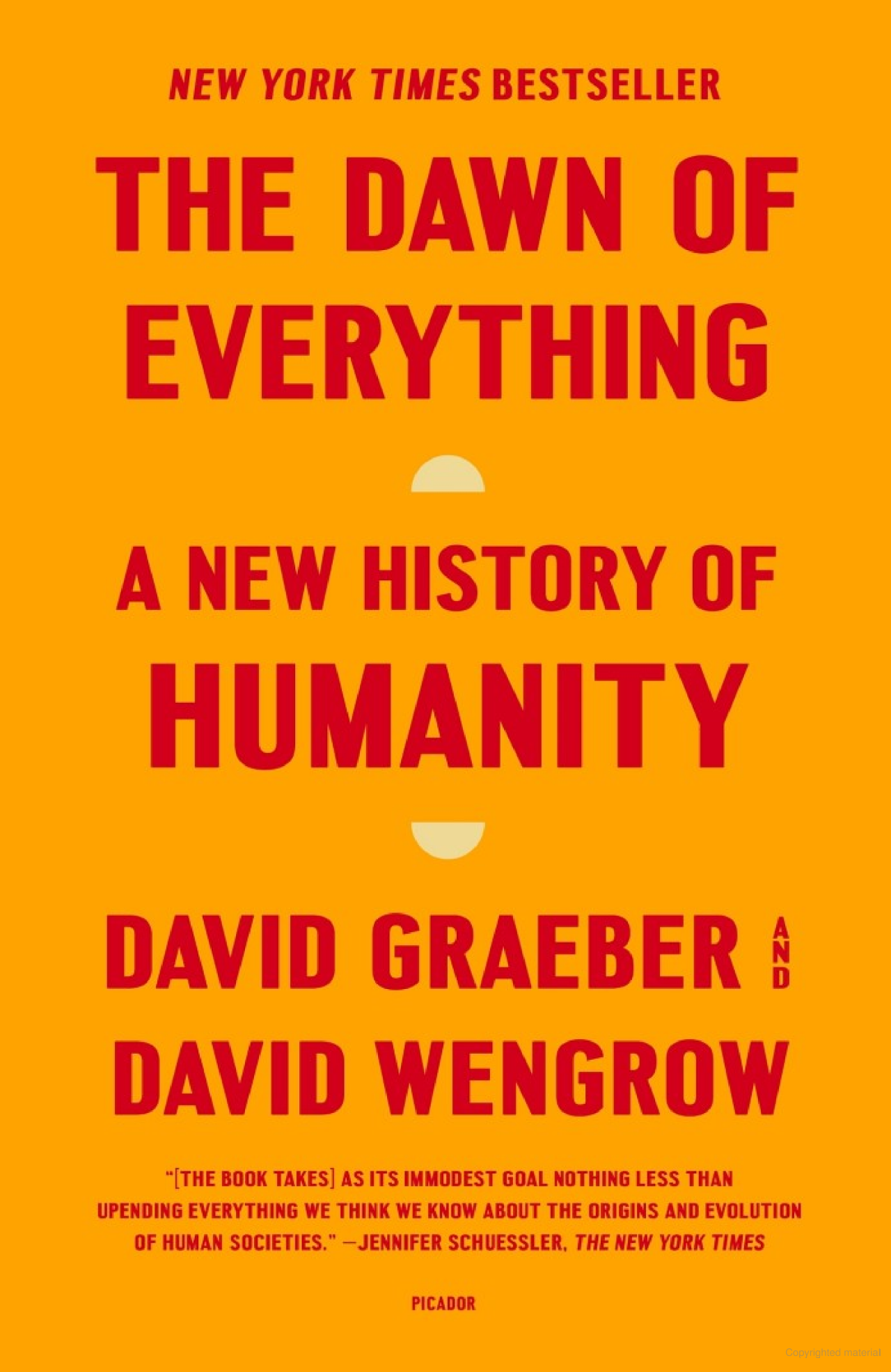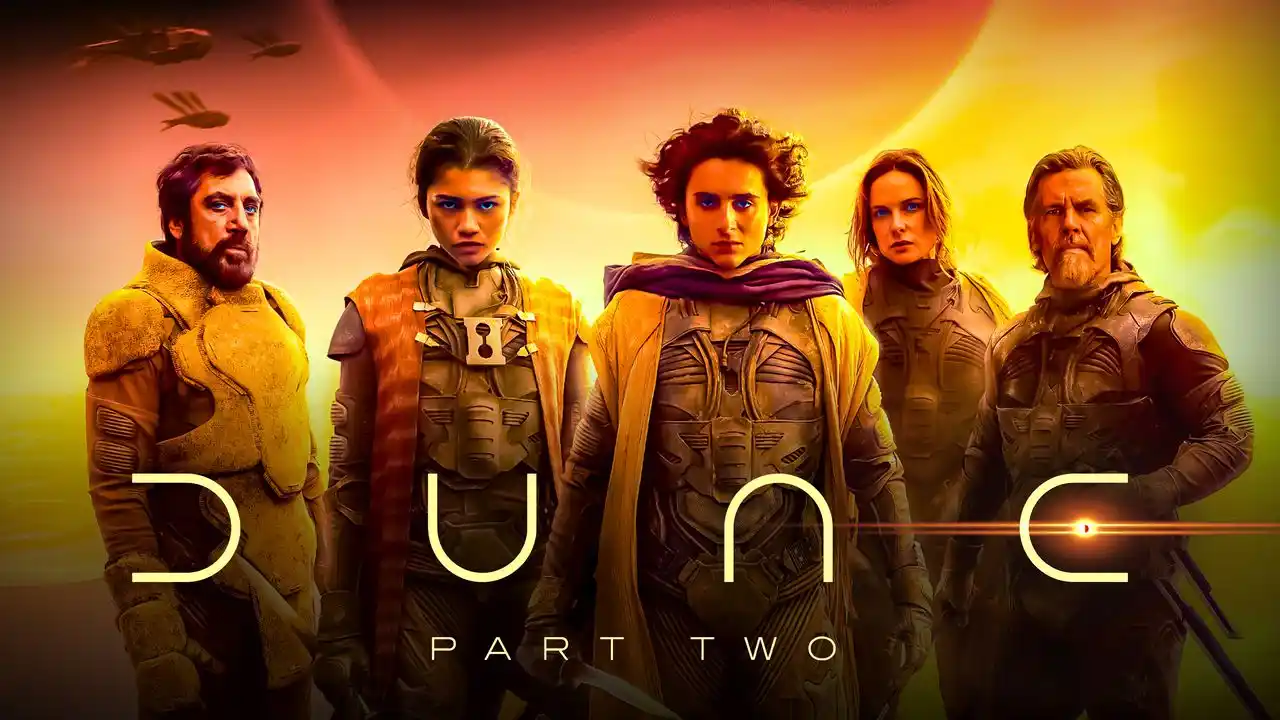I finally found time to read "The Dawn of Everything", ironically when I was in Peru and visited Machu Picchu.
Dazzling and dazing in equal measure, Graeber and Wengerow's book left me with the hope of freedom, demonstrating that the course of human history does not inevitably lead to humans "rushing to their chains", as long as we maintain the power to imagine freedom and make sure there is space for political experimentation.
As much a riposte to accepted wisdoms in the authors' respective fields of anthropology and archaeology as a tool to analyze past civilizations, the book's tentative conclusion is that we may have lost the power to imagine an alternative economic or social order by uncritically accepting that history inexorably moves towards greater centralization by the modern state.
Instead, our current form of government is the interplay between what the authors introduce as three political forms: sovereignty (in which a ruler, often a King in the past, asserts domination over subjects), administration (bureaucrats who hoard and shield information), and "charismatic competition" (leaders competing for popularity in some form of contest):
An origin for the "state" has long been sought in such diverse places as ancient Egypt, Inca Peru and Shang China, but what we now regard as states turn out not to be a constant of history at all; not the result of a long evolutionary process that began in the Bronze Age, but rather a confluence of three political forms - sovereignty, administration and charismatic competition - that have different origins. Modern states are simply one way in which the three principles of domination happened to come together, but this time with a notion that the power of kings is held by an entity called "the people" (or "the nation"), that bureaucracies exist for the benefit of said "people", and in which a variation of old, aristocratic contests and prizes has come to be labeled as "democracy", most often in the form of national elections. There was nothing inevitable about it.
On the same page (p. 341 of the 2023 U.S. paperback edition), the authors make reference to cryptocurrencies (the only reference in the book) as "undermining the sovereignty of states", which is one of the tools to preserve what are referred to as three "basic forms of social basic freedoms" (vs. freedom as an abstract principle) which one might actually put into practice:
- The freedom to move away or relocate from one's surroundings;
- The freedom to ignore or disobey commands issued by others;
- The freedom to shape entirely new social realties, or shift back and forth between different ones.
These three freedoms have gradually receded, to the point where a majority of people living today can barely comprehend what it might be like to live in a social order based on them.
Imagining freedom
Moving away from my key takeaways from the book, I wanted to share some reflections.
It is not trivial to picture ourselves living in a different political system than our current one, with its omnipresent state, entrenched bureaucracies and election entertainment.
It is even more difficult to imagine how we could even start to achieve a departure from the current paradigm.
Historically, some shifts have been caused by unforeseeable events, technological, climatic, financial or other. By their nature of being unforeseeable, we cannot say anything remotely meaningful as to what event may force us to adopt a new political system. My guess is that blockchains, which allow for decentralized participation in governance, and AI, which should free up time for all of us to participate in the first place, may be such epochal event.
More likely perhaps, the changes will be gradual, resulting in different political systems (historians call these "civilizations") developing in parallel, unless any form of experimentation is shut down (e.g. by banning crypto).
Therefore, the thing most worth fighting for is to preserve an environment where governance experimentation can continue to take place, in the way a multitude of civilizations emerged and disappeared in the course of humanity (some I and I suspect most readers of The Dawn of Everything will never have heard of!).
Practically, this means we need to create and at all cost preserve the conditions for people - not only the ultra-wealthy but everybody - to be able to "rage-quit" by moving out, to extract themselves from laws they do not want to live under, and to have the chance to experiment with new forms of governance and "nation-building", including virtually and onchain (and at some point interplanetary).
If one thing, The Dawn of Everything shows that humanity's desire for freedom is indomitable, so there is hope that even the most absolutist experiments, whether they'd be conducted by tech overlords who seek to control our thinking or political autocrats who coerce our actions (or - horror of horrors! - both within the same system), will ultimately crumble and disappear like so many systems of domination that came before them.
Han




